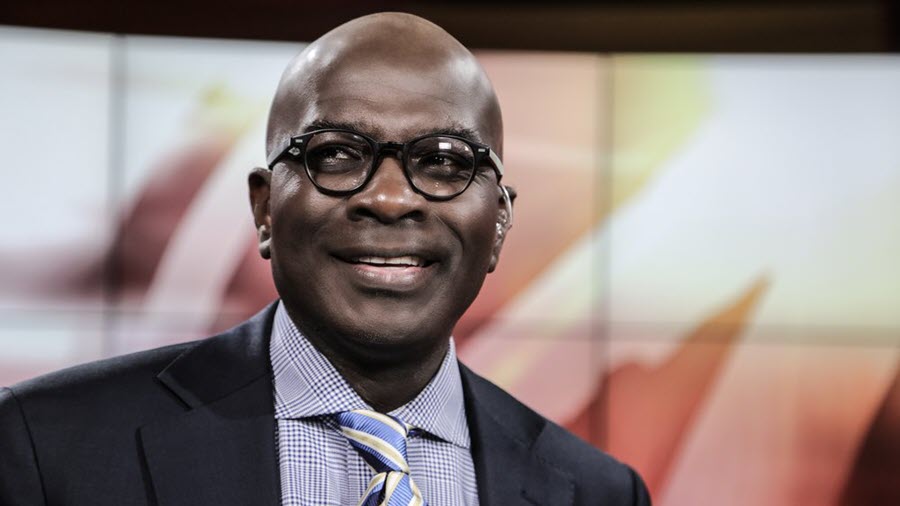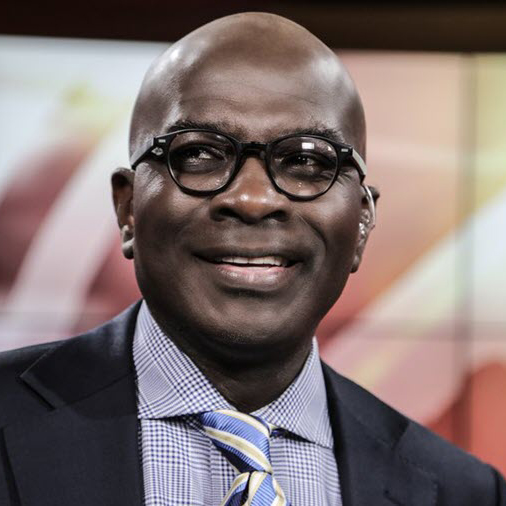AT&T-DirecTV Retrans Conduct

The smarter way to stay on top of broadcasting and cable industry. Sign up below
You are now subscribed
Your newsletter sign-up was successful
"With that level of market control, I guess I shouldn’t be too surprised with AT&T-DirecTV’s my way or the highway attitude. But might doesn’t make right." -Armstrong Williams
In deciding to discontinue the carriage of WEYI-TV, Saginaw, Michigan, and walking away recently from retransmission negotiations that had been active for months, Pay TV titan AT&T-DirecTV is acting like a 19th century monopolist. It is using its gatekeeper power against a local free-to-the-home TV station to limit viewer choices. Compounding that sin, in the case of WEYI-TV, an NBC affiliate, AT&T-DirecTV is also impacting diversity by truncating market access by one of fewer than 18 African-American owned TV stations in the nation. As that African-American owner, I’m frustrated and mad.
Related: Cable Op Files Retransmission Consent Complaint Against Gray at FCC
AT&T-DirecTV is the poster child of the highly concentrated -- at the national, regional and local levels -- pay TV industry. Unlike broadcasters, the Pay TV industry faces no limitations on their ability to reach additional subscribers via their video, broadband or OTT services, nor any restrictions on their acquisition of or affiliation with programming networks or content. As recent comments filed by the NAB in the FCC’s current Quadrennial Ownership Review note, at the end of 2018 “70% of all TV households still subscribe to a traditional Pay TV service.” NAB further notes that the 10 largest Pay TV providers, including AT&T-DirecTV, “control a whopping 94.5% of the nationwide pay TV market and 91.5% of the nationwide broadband market; [and] the top four providers [including AT&T-DirecTV] control 79.4% of the pay TV market and 71.0% of the broadband market.”
With that level of market control, I guess I shouldn’t be too surprised with AT&T-DirecTV’s my way or the highway attitude. But might doesn’t make right. Moreover, with a market capitalization of $235 billion, which dwarfs that of even the largest TV broadcast groups like Nexstar ($5.4 billion) and Sinclair ($4.2 billion), AT&T-DirecTV is more than a Goliath to my WEYI-TV David.
The Pay TV industry, including AT&T-DirecTV, defend their conduct by arguing that their retransmission consent fees with TV broadcasters is just too expensive. But as NAB has pointed out, according to the Kagan research group total broadcast retransmission consent fees in 2018 were only 15.1% of total Pay TV programming fees (counting broadcast stations, basic cable, premium cable and regional sports networks). At the same time, broadcast stations, like my WEYI-TV, accounted for almost 34% of prime time viewing in 2018. Bottom line, the value of broadcast programming is well worth the price Pay TV pays. And, as NAB goes on to explain, “the year-over-year growth rate in TV stations’ retransmission revenues dropped [in 2018] to roughly half what it had been in 2017 (down from 17.4% to 8.5%).”
The numbers demonstrate the value of broadcast TV’s programming to the Pay TV titans, so AT&T-DirecTV’s conduct in deciding to discontinue carriage of WEYI-TV and walk away from retransmission negotiations makes no sense (economic or otherwise). On the reverse side for WEYI, retrains fees are its life’s blood, and without them it’s ability to provide compelling, public interest programming is critically undercut. That serves no one’s interest, least of all the public. I thus urge AT&T-DirecTV to reconsider its position, reinstate WEYI-TV’s carriage, and return to the negotiating table. If it doesn’t, as one of the very few African-American TV station owners, I can only wonder if something else is in play; Lord I hope not!
The smarter way to stay on top of broadcasting and cable industry. Sign up below
Armstrong Williams is a principal owner of the Baltimore Sun and manager/sole owner of Howard Stirk Holdings I & II Broadcast Television Stations.

